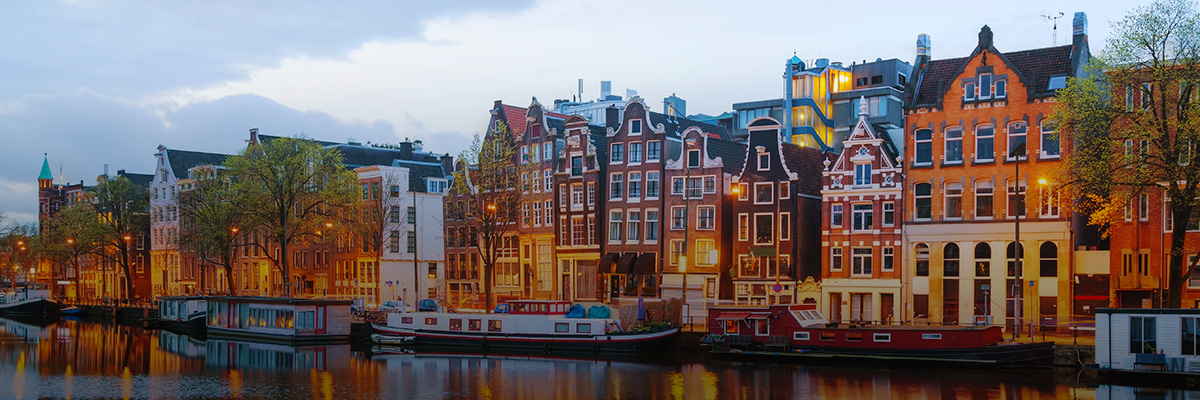Amsterdam, Netherlands
October 5-6
9 am - 5 pm CET
BSR is the Sustainability Partner of the 12th Annual Europe Forum 2017, “Powering Business Alignment through Category Leadership,” hosted by Procurement Leaders in Amsterdam, October 5-6.
Gathering more than 150 procurement professionals, the Forum will provide participants with two specific content streams: one on Category Leadership for Indirect Leaders and one on Transformational Triggers for CPOs, with appropriately positioned plenary sessions that will get the two audiences together for discussion around the theme of business alignment and procurement’s strategic contribution to the business.
Tara Norton, BSR’s Managing Director, Supply Chain Sustainability, will conduct a roundtable on “Aligning Procurement and Sustainability for Business Success,” where she will discuss how aligning procurement with sustainability can be mutually reinforcing to benefit business performance.
Take a look at the agenda and speaker lineup at the Procurement Leaders website.
